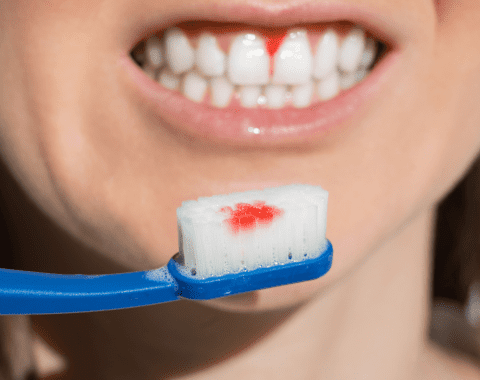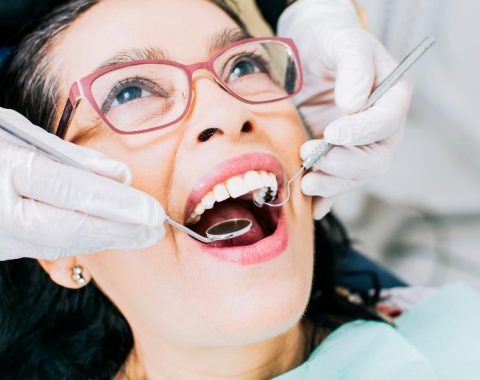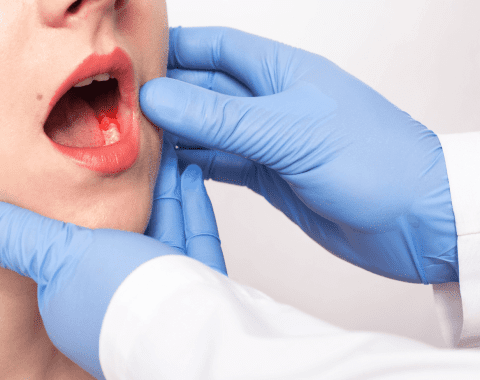You may have heard that cracked teeth are a common dental problem, but you may not know exactly what causes them or how to fix them. In this blog post, we’ll take a closer look at cracked teeth and what you can do to prevent them.
When you have a cracked tooth, it can be a very painful experience. There are many different reasons why your tooth may become cracked, and it is important to know how to deal with the problem.
Here is some information on the truth about cracked teeth and how to fix them.
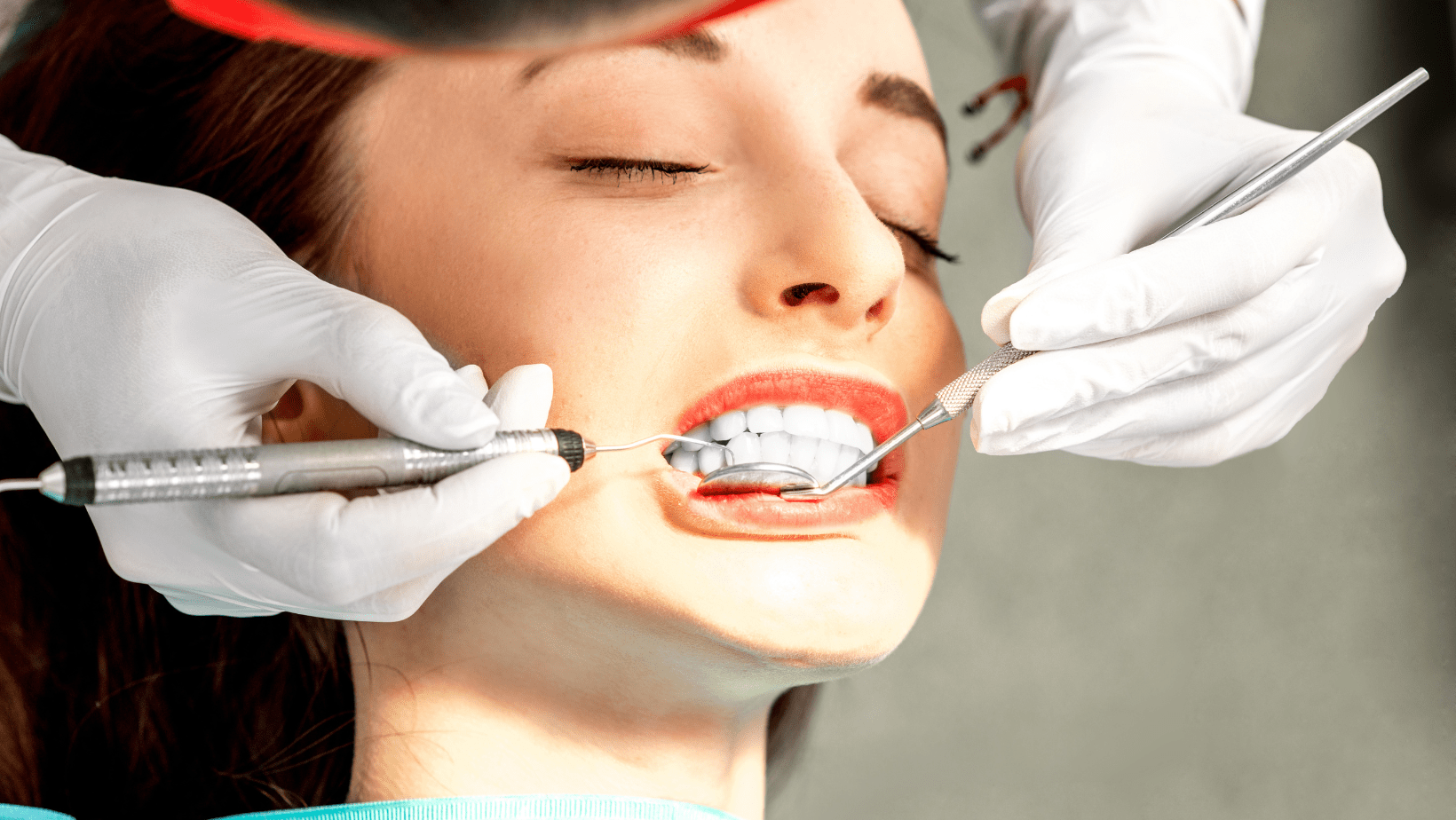
The first thing that you need to know is that there are two different types of cracks that can occur in your teeth.
The first type is called an enamel crack, and this is when the outer layer of your tooth becomes damaged. The second type of crack is called a dentin crack, and this is when the inner layer of your tooth is damaged.
When an enamel crack occurs, it is usually because of something that has happened to the tooth. For example, if you bite down on something hard, the force of the bite can cause the enamel to crack. Another common reason for an enamel crack is when you eat or drink something hot or cold. If you have an enamel crack, you will notice that the tooth will feel rough when you touch it.
If you have a dentin crack, it is usually because the inner layer of the tooth has been damaged. This can happen if you have an infection in the tooth, or if you have been grinding your teeth. If you have a dentin crack, you will notice that the tooth will feel softer when you touch it.
It is important to know that both of these types of cracks can be very painful. If you have an enamel crack, you may feel a sharp pain when you touch the tooth. If you have a dentin crack, you may feel a dull ache when you touch the tooth.
How to Fix Cracked Teeth
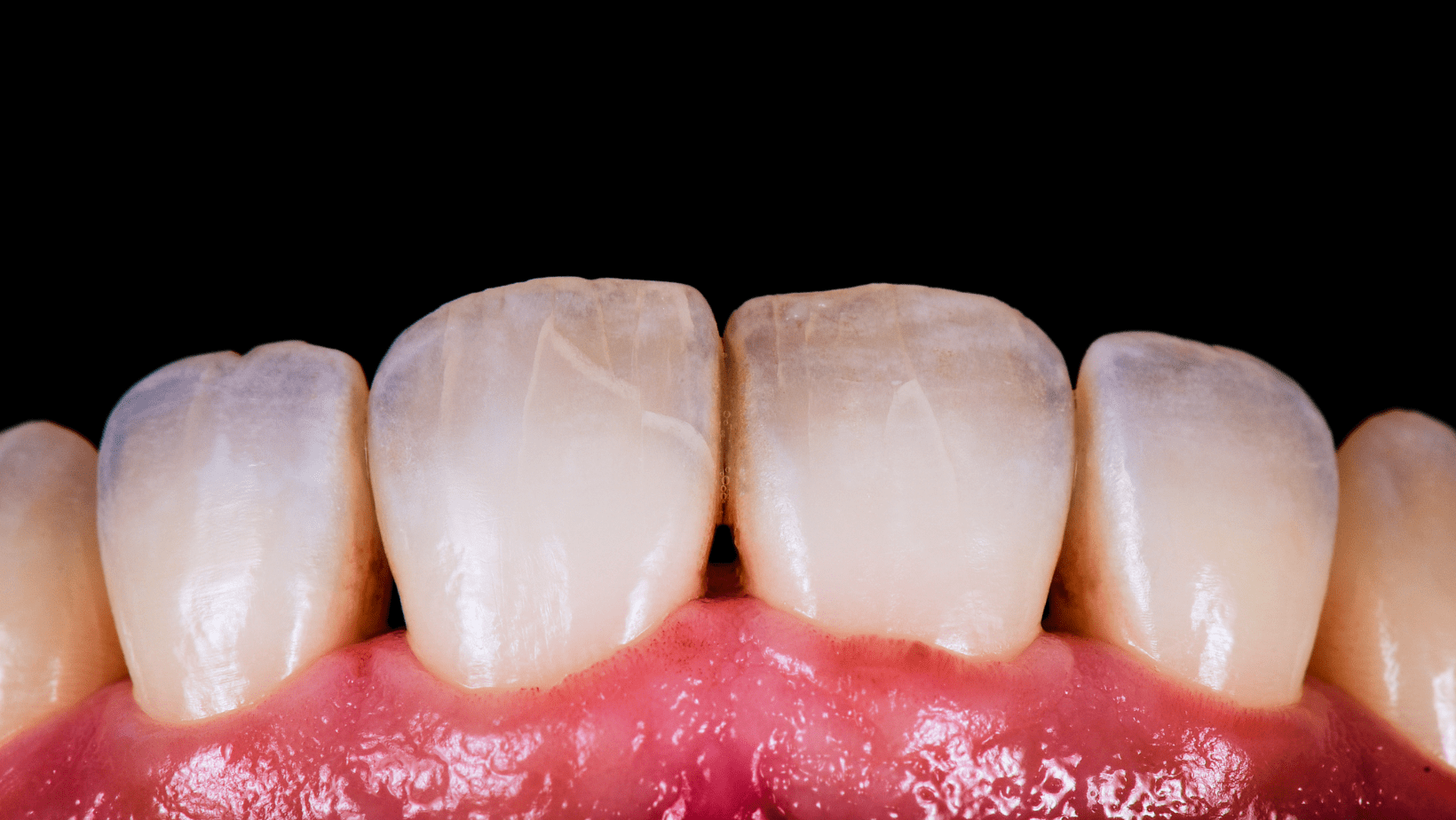
If you have a cracked tooth, it’s important to see a dentist as soon as possible. Depending on the severity of the crack, your dentist may recommend one of the following treatments:
Bonding: Bonding is a common treatment for cracked teeth. This involves using a tooth-colored resin to fill in the crack and make your tooth look whole again.
Crown: A crown is another common treatment for cracked teeth. This involves placing a porcelain or metal cap over your tooth to protect it from further damage.
Extraction: In some cases, your dentist may recommend extracting the tooth. This is usually only done if the tooth is severely damaged and can’t be saved.
No matter what treatment your dentist recommends, it’s important to take care of your teeth to prevent further damage
If you think that you may have a cracked tooth, it is important to see your dentist right away. If you have an enamel crack, your dentist will likely recommend that you have the tooth filled. If you have a dentin crack, your dentist may recommend that you have the tooth extracted.
Once you have had your tooth filled or extracted, it is important to make sure that you take care of the tooth. You should brush and floss your teeth regularly, and you should also avoid eating or drinking anything that can damage the tooth. If you have an infection in the tooth, you should see your dentist right away so that he or she can prescribe antibiotics.
Causes of Cracked Teeth:
There are many different causes of cracked teeth. Some of the most common causes include:
– chewing on hard objects (ice, hard candy, etc.)
– grinding your teeth
– trauma to the teeth (a fall, blow to the mouth, etc.)
– tooth decay
– Faulty dental work
It is also important to make sure that you see your dentist on a regular basis. If you have a cracked tooth, your dentist will likely recommend that you have the tooth checked every six months. This is because a crack in the tooth can get worse over time, and it is important to make sure that your dentist catches it early.
If you have a cracked tooth, it is important to make sure that you take care of it. You should see your dentist right away, and you should make sure that you brush and floss your teeth regularly. If you have an infection in the tooth, you should see your dentist right away so that he or she can prescribe antibiotics.


